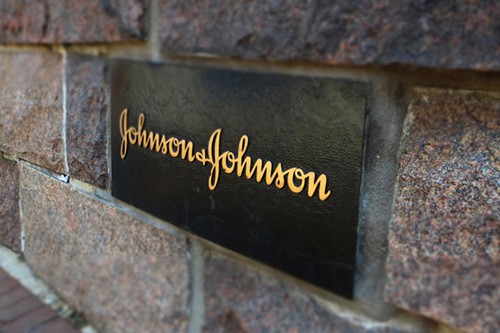
Sales of Johnson & Johnson’s type 2 diabetes therapy Invokana have been heading downwards since being linked to lower limb amputation risks, but the company hopes a new FDA approval could reverse the flow.
Based on the results of the CREDENCE trial, Invokana (canagliflozin) has become the only drug in the SGLT2 inhibitor class to be approved for treating diabetic kidney disease (DKD), and to reduce the risk of hospitalisation for heart failure in patients with type 2 diabetes and DKD.
In the trial, J&J’s drug reduced the risk of kidney failure by 30%, cut cardiovascular (CV) death and hospitalisation for heart failure by 31%, and reduced major adverse CV events by 20% when added to standard treatment with ACE inhibitors or angiotensin II receptor blockers. The risk of hospitalisation for heart failure fell by 39% with the drug compared to placebo.
Invokana was the first SGLT2 inhibitor to reach the market for diabetes after it was cleared by the FDA in 2013, and sales rose quickly to reach almost $1.4bn in 2016 before the addition of a black-box warning to its label in 2017.
Sales have been falling around 20% a year since, coming in at $881m last year, as rival drugs in the class such as Eli Lilly/Boehringer Ingelheim’s Jardiance (empagliflozin) and AstraZeneca’s Farxiga (dapagliflozin) have gathered momentum.
J&J has generated real-world data to try to reassure patients and doctors about the safety of Invokana and show it is no more likely to raise the risk of limb amputations than other drugs in the class, but so far that effort appears to have been unsuccessful.
James List, who heads the cardiovascular and metabolism research group at J&J’s Janssen Pharma division, said the new indication could “change the trajectory of care or the many millions of patients living with type 2 diabetes and diabetic kidney disease”.
Since Invokana’s troubles, sales of Farxiga and Jardiance have risen sharply, driven by clinical trials showing they can improve cardiovascular outcomes in type 2 diabetics. Farxiga brought in $1.4bn in sales for AZ last year, just over half the $2.7bn made by Jardiance.
Farxiga and Jardiance could both get another boost from new data showing they can reduce heart failure in both diabetic and non-diabetic patients. They are however still a year or two away from presenting the results of trials in DKD, so J&J has a window of opportunity to rebuild Invokana’s market share in patients with type 2 diabetes who are at risk of worsening chronic kidney disease.




